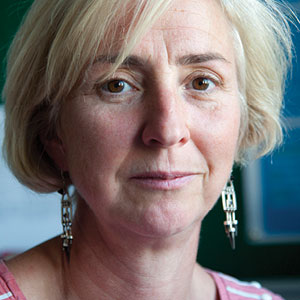Local commissioners are planning to ensure that no practice in North East London services fewer than 10,000-15,000 patients, and will be meeting with small practices who wish to remain independent.
NHS England and North and East London CCGs have said they expect GP numbers to reduce by a third over the next few years, and have set out radical plans to ensure general practice remains sustainable.
As part of the plans, they will offer GPs ‘golden handshakes’ in a bid to alleviate the recruitment crisis, and offer funding to support the high cost of London living.
But they will also aim to ensure that all practices consolidate to cater for minimum list sizes of 10,000-15,000.
The proposals are part of its ‘Transforming Services Together’, which sets out how it will configure primary care over the next few years and will feed in to the wider region’s ‘sustainability and transformation plans’ – the secretive blueprints being drawn up by every region in England.
The plan said:
- GP practices should cater for 10,000-15,000 patients or be on the same site as other practices or work as part of a network of practices.
- Primary care hubs for over 30,000 patients should have on-site minor surgery units, sexual health clinics, a greater range of test facilities, and learning areas with access to nutritionists.
The plan also addressed issues with GP workforce shortages, saying commissioners would:
- Work with universities and other education providers to offer courses to qualify in new roles, e.g. physician associates and advanced nurse practitioners.
- Encourage young people to work in the NHS by connecting with local schools and other education providers, as well as develop apprenticeships and internships.
- Introduce flexible working options and financial incentives, which could include ‘golden hellos’ or ‘golden handcuffs’.
- Support with the high cost of London living and transport; key-worker housing; bursaries or student loans to help fill hard-to-fill vacancies.
A spokesperson for the CCGs told Pulse: ’We hope that all GP practices will see the benefit of working in partnership with other practices. By joining forces GPs can offer better out of hours support, share knowledge and reduce back office costs.
’Their patients will be able to access services more quickly and at different places without going to hospital. Most practices are already working in this way. If small practices do not wish to work in this way we will seek to meet them in the first instance to understand their concerns.’
The plan said that by 2020 there would be 58 more pharmacists, 25 more physician associates, 49 more nurses and 46 more community health service staff working in surgeries in the area.
Dr Jackie Applebee, chair of Tower Hamlets LMC warned that failure to boost GP numbers in the area would badly impact on patient care
She said: ‘It is of great concern that the number of GPs across the TST area is projected to drop by up to a third while the population continues to rise rapidly. GPs are already struggling, due to lack of workforce, to provide the services that their patients need, such opposing changes in demographics.
’Decreased GP numbers on the one hand with an increasing population on the other is not sustainable. Simply relying on changing the skill mix will not address the problem and will adversely affect patient safety. There must be a concerted recruitment and retention initiative to avert crisis.’
Pulse October survey
Take our July 2025 survey to potentially win £1.000 worth of tokens














